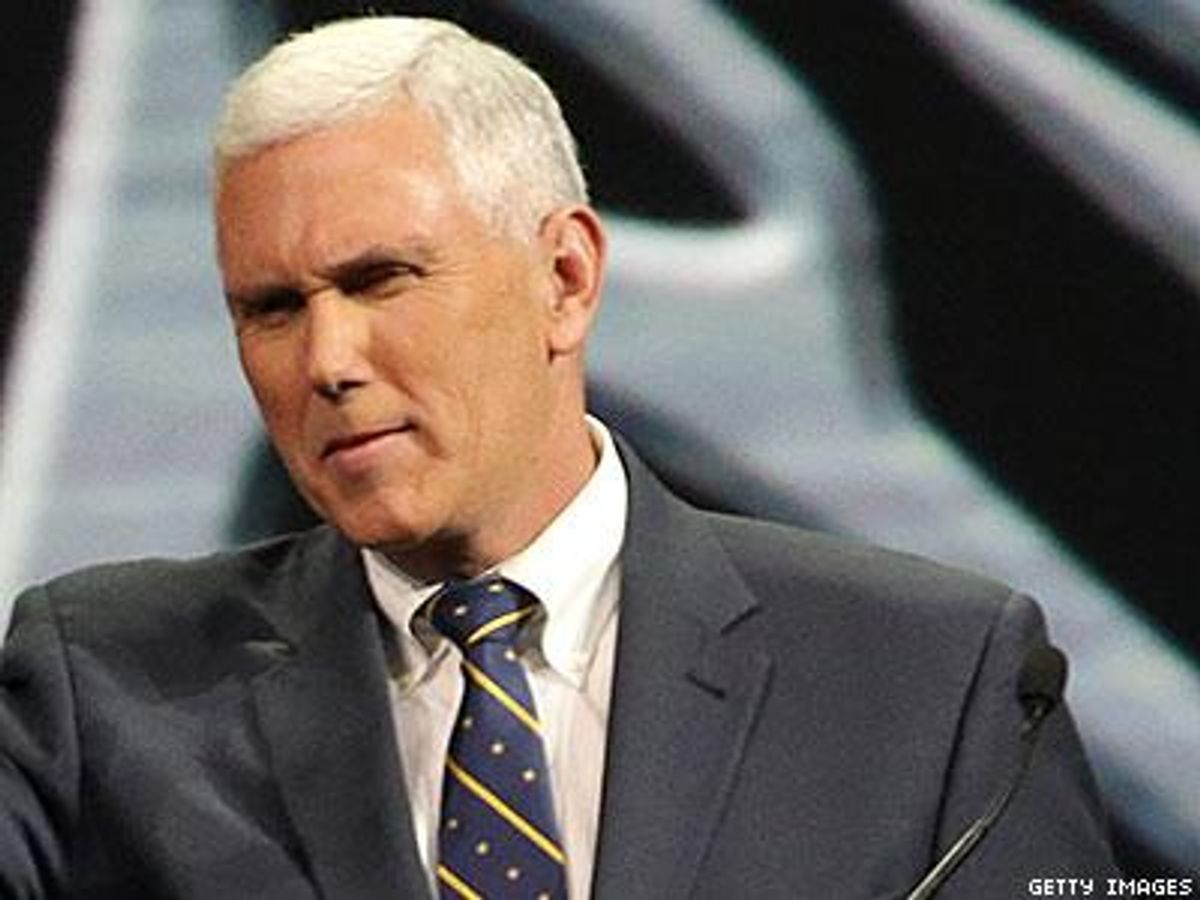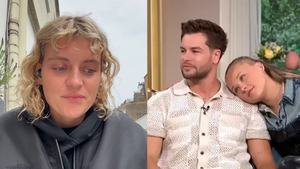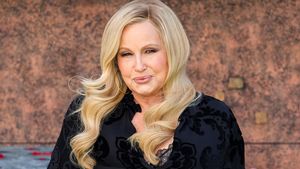A federal judge ruled Tuesday that Indiana must recognize the legal marriages of same-sex couples who wed in other states, marking the 37th pro-equality ruling from federal or state courts since last summer's landmark LGBT victories at the U.S. Supreme Court.
The order was accompanied by a stay until the Seventh Circuit Court of Appeals decides the case -- or any of the four other cases seeking marriage equality in Indiana -- meaning same-sex couples cannot yet legally marry in Indiana, and the state does not yet have to extend benefits usually offered to married couples to same-sex spouses.
Tuesday's decision, in a case known as Bowling v. Pence, was handed down by U.S. District Judge Richard Young -- the same judge who found Indiana's voter-approved ban on same-sex marriage unconstitutional in June. The Bowling case was the final legal challenge to Indiana's marriage laws awaiting a ruling, reports Bilerico. The case was filed by private attorneys on behalf of two same-sex couples who were legally married in states that performed such unions, but who could not access benefits, including the ability to file joint tax returns, once they returned home to Indiana.
Although Tuesday's decision does not address a fundamental right to the freedom to marry, Judge Young did take the opportunity to lambast Indiana Gov. Mike Pence for his attempt to be dismissed as a defendant in the lawsuit, notes Zack Ford at ThinkProgress.
The Republican governor had asked the court to dismiss him as a defendant, claiming he did not have the legal authority to enforce existing marriage laws or direct state agencies on how to interpret such laws. However, in the wake of Young's June ruling -- which did not include a stay, resulting in hundreds of same-sex couples legally marrying in Indiana before the Seventh Circuit eventually granted a stay -- Pence issued a memo advising state agencies not to extend benefits to same-sex couples legally married in the state's brief equality window. The governor's chief counsel authored that memo, distributed to all state agencies, advising them that the state's anti-equality law was still in full force, and to "function as though [Young's] Court Order of June 25 had not been issued."
By doing so, Young said in Tuesday's ruling, the governor indicated that he has misrepresented his duties when he told the court that he couldn't regulate the implementation of state marriage laws.
Since Pence made those claims, "the Governor issued memoranda, through his attorney, and did what he claimed he could not do by directing executive agencies on how to proceed in enforcing the law," Young writes.
That memo, Young writes, "clearly contradict[s] [Pence's] prior representations to the court." As ThinkProgress notes, Young points to the governor's "specific ability to command the executive branch regarding the law," noting that he "can and does" enforce the marriage ban. As such, Young determined that Pence was indeed the appropriate defendant to be listed in the suit, reversing an earlier decision where Young had removed the governor as a formal party to the lawsuit.
"The court wishes to reiterate," Young continued, "that it finds the Governor's prior representations contradicting such authority to be, at a minimum, troubling."
A spokesperson for Pence's office indicated that the governor intends to appeal today's ruling to the Seventh Circuit, which is set to hear oral arguments in Baskin v. Zoeller, the combined case where Young initially found Indiana's marriage ban unconstitutional, on Tuesday, notes advocacy group Freedom to Marry.
CORRECTION: An earlier version of this story incorrectly listed Tuesday's ruling as the 36th pro-equality ruling since June 2013. It is, in fact, the 37th such ruling.














































































